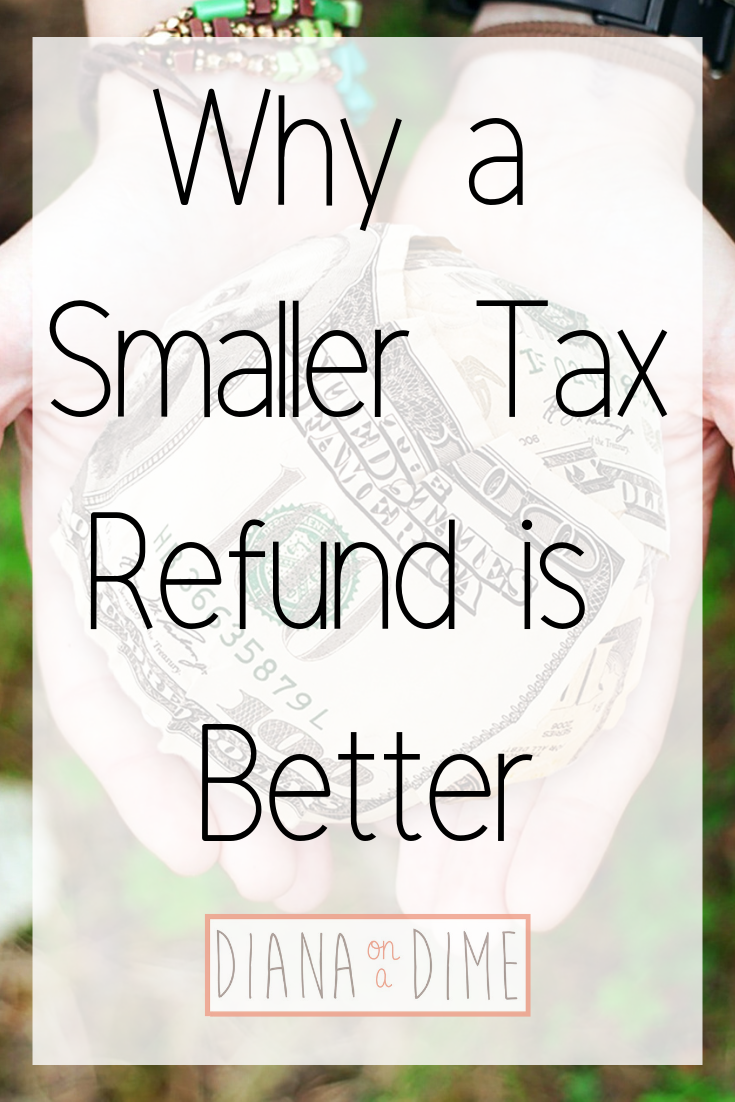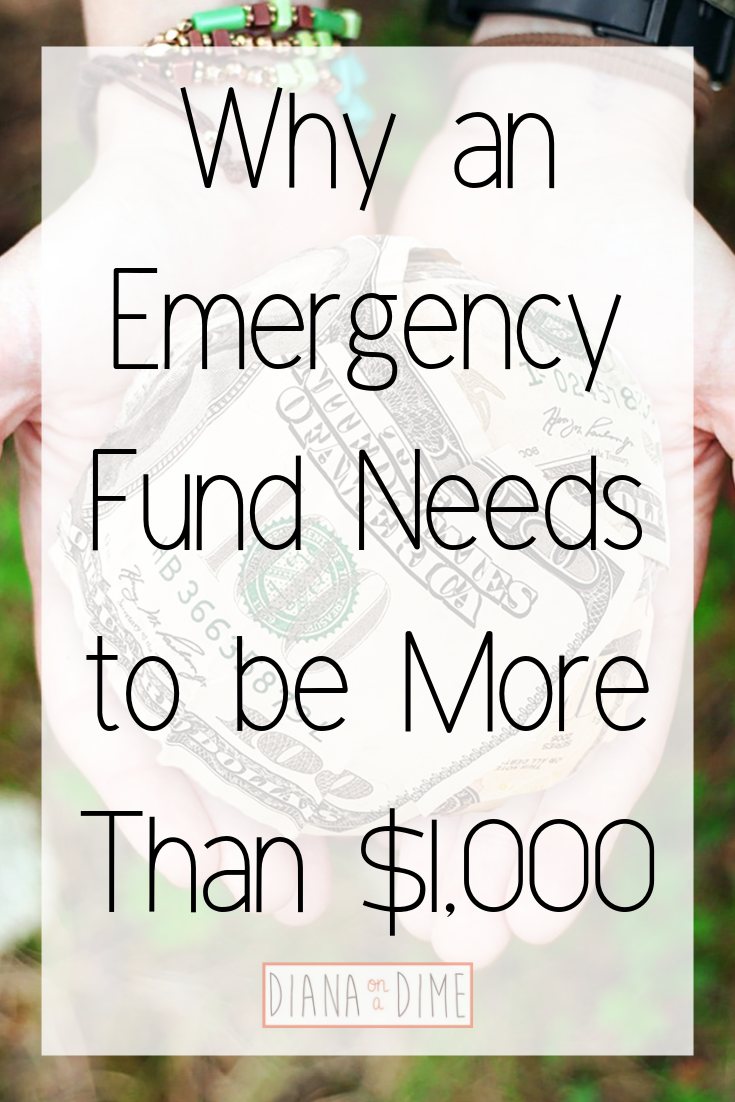How to Prevent Over Spending
This post may contain affiliate links. Check out my Disclosure Policy for more information.
Having a budget is great. You are telling your money where you want it to go and you’re being mindful of your spending. But, how do you stop yourself from over spending?
If you’re like I was, I would make my budget at the beginning of the month. I had some great intentions for my spending that month. My student loans stood no chance with how well my budget was made.
But, then it sat in my Drive for the month until the end when I zeroed out my budget. I was fortunate that I made a lot more than I spent because I lived at my parent’s house and worked a lot of side jobs.
I’d reconcile my budget at the end of the month and whatever was leftover I sent to my student loans. Extra payments were being made, so who cares if I overspend in my eating out budget?
The problem is that this creates a terrible habit of spending whatever I want, as long as it’s within reason. I had the privilege of having extra money, but what happens when I don’t have this? I overspend and don’t have the income for it, that’s what.
Also, it slows down your progress towards any financial goals that you do have. I’m not saying you shouldn’t spend any money, but you shouldn’t spend money just to spend it. Make your money bring value and joy to your life, not just to spend for no reason.
So, here’s what I do to make sure I don’t over spend every month.
1. I make sure I have a realistic budget.
There is nothing more defeating than constantly over spending month after month. So, do yourself a favor and create a realistic budget that actually reflects your spending.
What’s the point in making a budget, if you’re making one that doesn’t reflect where you are in your money journey? I’d love to delete my student loan payment from my budget, but that’s just not possible. So, you shouldn’t do that with your other categories either.
Don’t make your budget based on where you want to be, but where you currently are. So, make your budget realistic from the start to set yourself up for success.
2. Check in with your budget daily or weekly.
In order to prevent over spending, you need to make sure you check in with your budget regularly. That’s why your budget should have an “actual” category. This is where you note your actual spending for the month. Without this spot, your budget is useless.
When you reconcile your budget, make sure to take some time to reflect on your spending so far in the month. This is especially important midway through the month.
In my budget, I personally use Google Sheets because I can set up all the formulas to do the math for me and change colors based on where I’m at. Green means I still have money leftover, red means I overspent. You can get your own copy here.
If you’re in the red already and still have month leftover, you need to figure out why you overspent and how to make up the funds. If you’re in the green, that’s good and you need to see how much more you have in comparison to how much month is left.
This is the key to not overspending. Check in with yourself throughout the month and if you’re getting close to overspending, stop future spending, if possible.
3. At the end of the month, check in with your budget and make changes.
When the month is over, it’s time to zero out your budget and reflect on your month’s spending. If you did over spend in a certain category, where did you spend the money? Was it a special month that you forgot to budget for? Or, is this typical spending for the month and you should increase the category?
Certain categories I wouldn’t increase, even if you did overspend. You need to decide what is important to you and why you overspent in that particular category. If you underspent in eating out, but overspent in groceries, that makes sense! To me, this is still a win because chances are your overall spending is lower in this situation.
You could also find ways to streamline your budget categories. If we consider the above example, they directly affect the other. When we spend less at restaurants, we typically spend more at the grocery store. So, maybe just have a single food category to cover both.
This allows some flexibility in your budget month to month. It also gives you the freedom to spend your money in that category however you want.
You need to find the right balance.
Budgeting takes times. It’s not something you will master over night. Even after years of budgeting, I still have months where I overspend. It happens and we can’t dwell on it.
But, we should reflect on it and consider why we overspent. For example, this month I spent more in my food category. I know it’s because I went to a lot of unexpected happy hours and lunches with my coworkers before I left my old school.
Realistically, I should have planned for this going into the month since I knew it was my last month at the school. Lesson learned and I’m now moving on from it.
Overspending will happen, just make sure you have a plan to prevent it and a plan for when it does happen. How do you prevent over spending?





